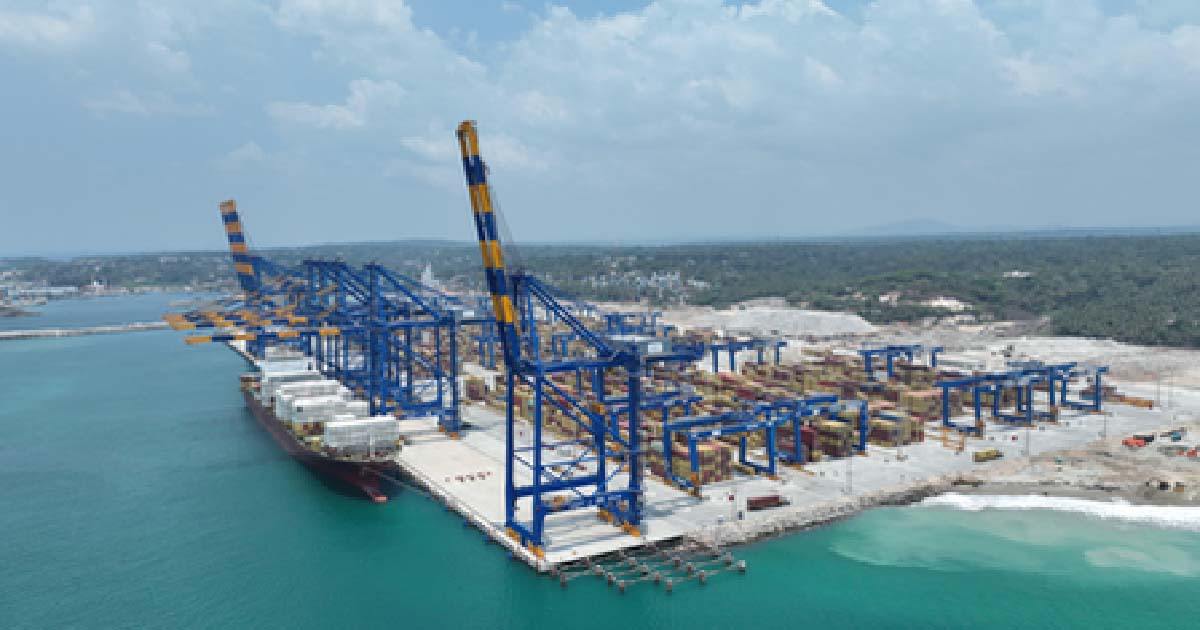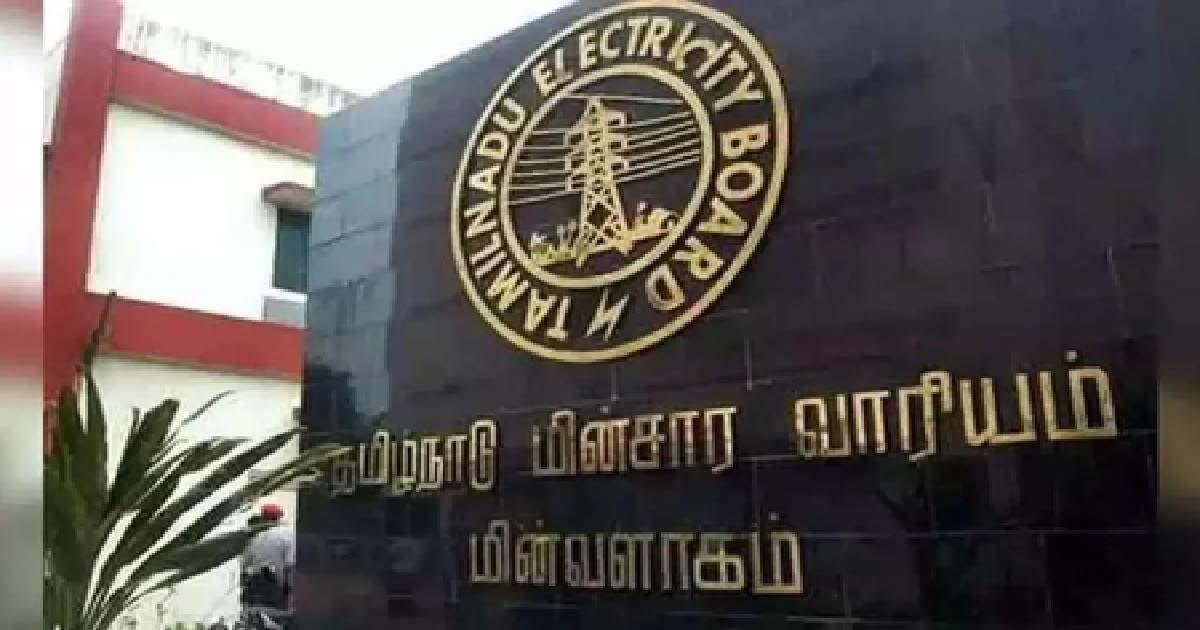Business
GST Council meet today: Covid relief, bringing oil and gas indirect tax regime on agenda

The GST Council will meet in Lucknow on Friday to take decisions on issues related to duty revision that were put on the back burner in earlier meetings to focus on the Covid relief measures amid rising cases during the second wave of the pandemic.
The meeting, however, is expected to announce a few more Covid relief measures particularly on compliance matters.
It will also announce a few measures to correct the inverted duty while discussing the compensation cess dues arising in 2021-22.
Two other important items, including lowering of GST rates for two-wheelers and bringing natural gas into the indirect tax fold may also be included in the agenda for discussion.
“Finance Minister Smt. @nsitharaman will chair the 45th GST Council meeting at 11 AM in Lucknow today. The meeting will be attended by MOS Shri @mppchaudhary besides Finance Ministers of States & UTs and Senior officers from Union Government & States,” the Ministry of Finance said in a tweet.
The GST Council has already met twice this year when the panel of finance ministers discussed GST compensation and the borrowing formula offered by the Centre towards compensating states for GST shortfall while also announcing a series of duty relief and easing of compliance measures towards Covid relief.
The 45th meeting of the council is expected to again discuss the compensation issue for the current year, but sources said it may also take a few steps to correct inverted duty structure without pursuing any increase in the GST rates or move towards converging GST to three rate structure.
Sources also said that the council at the meeting may also take up two other important items, including lowering of GST rates for two-wheelers and bringing natural gas into the indirect tax fold.
A top source in the finance ministry said that inverted duty correction, GST cut on two-wheelers and inclusion of natural gas into GST fold are on the agenda and hopefully the council will offer some solution that is in the best interest of all stakeholders.
Correction of inverted duty structure, especially in sectors such as fertilizer, steel utelsils, solar modules, tractors, tyres, electrical transformers, pharma, textile, fabric, railway locomotives among other goods is required.
Inverted duty refers to tax rates on inputs being higher than those levied on finished products. This results in higher input credit claims by goods besides several administrative and compliance issues.
Currently, while duty on imported tyres is 10 per cent, its inputs i.e. rubber attracts 20 per cent duty. Similarly, solar modules do not attract any duty while its components attract 5-10 per cent duty.
Similarly, the council may also consider lowering the GST rate of 28 per cent on two-wheelers to give a boost to its sales affected during the pandemic.
The Council has in principle agreed to include five petroleum products under GST, but has so far deferred its actual inclusion into the indirect as states fear a big loss of revenue. But now, the government is considering bringing natural gas under the Goods and Services Tax (GST) regime to begin with as it would be difficult to bring the entire oil and gas sector immediately under it.
Sources said that natural gas may be included under a three-tier GST structure where rates would vary depending on the usage. So, while piped natural gas (PNG) for homes may be kept at a lower rate of 5 per cent, commercial piped gas may attract the median 18 per cent GST rate and automobile fuel CNG may be kept in the highest bracket of 28 per cent.
Business
Adani Ports becomes India’s first Integrated Transport Utility to embrace TNFD framework

Ahmedabad, Nov 12: Adani Ports and Special Economic Zone Limited (APSEZ) on Wednesday said it has become India’s first Integrated Transport Utility to embrace the Taskforce on Nature-related Financial Disclosures (TNFD) framework, setting a new benchmark for nature-positive infrastructure development.
With this, APSEZ joins a select league of global port operators championing biodiversity, reinforcing its commitment to safeguarding marine ecosystems through science-based, transparent environmental disclosures.
As a TNFD adopter, the company said it is committed to implementing TNFD-aligned reporting on nature-related dependencies, impacts, risks and opportunities.
The TNFD is a global, science-based initiative founded by a coalition including the United Nations Environment Programme Finance Initiative (UNEP FI), the United Nations Development Programme (UNDP), the World Wildlife Fund (WWF) and Global Canopy, to guide companies in identifying, assessing, managing, and disclosing nature-related risks and opportunities.
“We firmly believe responsible business practices drive long-term success. Our adoption of the TNFD framework demonstrates support for nature-related corporate reporting at COP30. We see nature-related issues as a strategic risk management priority. The TNFD framework provides robust support for integrating nature into our decision-making processes and enhancing our contribution to biodiversity conservation,” said Ashwani Gupta, Whole-Time Director and CEO of APSEZ.
This step further strengthens APSEZ’s dedication to nature-positive business practices and positions it as a leader in sustainable maritime logistics.
As part of this commitment, Adani Ports will further enhance disclosure standards to ensure alignment with the TNFD recommendations in its corporate reporting, starting FY26.
The company has already institutionalised climate risk assessment and disclosure practices that align with globally recognised frameworks and continues to set standards in environmental stewardship, having afforested over 4,200 hectares of mangroves and actively conserving an additional 3,000 hectares — making it the largest private sector contributor to mangrove ecosystem restoration in India.
The new initiative is a key component of APSEZ’s broader ESG strategy and reflects a proactive approach in assessing and addressing nature-related dependencies, impacts, risks, and opportunities.
The company operates a comprehensive ecosystem of 15 strategically located ports and terminals across India’s west, south, and east coasts, combined with a diversified marine fleet of 127 vessels.
Business
TN to spend Rs 25,100 crore on power purchase to meet rising demand

Chennai, Nov 12: With the state’s daily electricity demand averaging 16,000 megawatts (MW), Tamil Nadu is gearing up for a massive power procurement exercise worth over Rs 25,100 crore over the next five years to ensure uninterrupted supply during both regular and peak hours.
According to the Tamil Nadu Generation and Distribution Corporation (TANGEDCO), the state currently generates an average of 3,000 MW from thermal plants, 1,000 MW from hydropower stations, and around 150 MW from gas-based plants.
The remaining demand is met through central generating stations and private power companies. To address the increasing consumption, particularly during high-demand periods, the state has floated tenders to procure 500 MW of electricity every day during peak hours for the next three years. In addition, a five-year tender has been issued to purchase 1,000 MW of power round the clock from private producers.
The peak hours, between 6 a.m. and 10 a.m. and again from 6 p.m. to 10 p.m., are the most expensive period for electricity procurement. Even if the maximum tariff is capped at Rs 8 per unit, the daily expenditure for 500 MW would amount to nearly Rs 3.2 crore, translating to about Rs 3,500 crore over three years.
Meanwhile, the 24-hour supply agreement for 1,000 MW over five years is projected to cost approximately Rs 21,600 crore. Together, the total outlay for both arrangements will reach Rs 25,100 crore.
Officials noted that the decision was made to prevent outages during the upcoming northeast monsoon season and to maintain grid stability as the state’s demand continues to rise steadily.
The government is also exploring renewable energy integration, with a focus on solar and wind sources, to gradually reduce dependence on costly thermal and imported power.
The new procurement strategy is expected to provide crucial support to Tamil Nadu’s industries and domestic consumers alike, ensuring a stable and reliable power supply despite fluctuating generation levels from hydel and renewable sources.
Business
Sensex, Nifty open in green over US-India trade talks, Bihar exit polls

Mumbai, Nov 12: The Indian benchmark indices opened in green zone on Wednesday, amid reports of an imminent India-US trade deal and exit polls in Bihar predicting decisive majority for NDA.
As of 9.25 am, Sensex advanced 496 points, or 0.59 per cent at 84,367 and Nifty inched up 147 points, or 0.58 per cent to 25,842.
The broadcap indices performed in line with the benchmarks, with the Nifty Midcap 100 up 0.55 per cent and the Nifty Smallcap 100 adding 0.61 per cent.
Max Healthcare and Tech Mahindra were among the major gainers in the Nifty Pack, while losers included Maruti Suzuki and Trent.
All sectoral indices were trading in green except Nifty FMCG. mixed with most of them trading with mild negative bias. Nifty IT and Nifty Oil and Gas were the standout gainers — up 1.26 per cent and 0.95 per cent.
“With reports of an imminent India-US trade deal and exit polls showing the NDA winning Bihar, sentiments have improved. This will strengthen bulls but not enough to give markets a decisive breakout and sustained rally,” said market watchers.
Based on current trends, FIIs may sell again at higher levels till the AI trade continues, they added.
From the fundamental perspective, there is room for optimism since GDP growth is robust and earnings growth for FY27 appears bright. Financials, consumption and defence stocks have the potential to lead the next leg of the rally.
Most of the Asia-Pacific markets rose in early trading sessions after Wall Street traded mixed on hopes that the US government shutdown could be nearing an end, even as AI stocks struggled.
The US markets ended mixed overnight, as Nasdaq slipped 0.3 per cent, the S&P 500 added 0.18 per cent, and the Dow inched up 1.2 per cent.
In Asian markets, China’s Shanghai index dipped 0.23 per cent, and Shenzhen dipped 1 per cent, Japan’s Nikkei dipped 0.21 per cent, while Hong Kong’s Hang Seng Index advanced 0.56 per cent. South Korea’s Kospi jumped 0.84 per cent.
On Monday, foreign institutional investors (FIIs) sold equities worth Rs 803 crore, while domestic institutional investors (DIIs) were net buyers of equities worth Rs 2,188 crore.
-

 Crime3 years ago
Crime3 years agoClass 10 student jumps to death in Jaipur
-

 Maharashtra1 year ago
Maharashtra1 year agoMumbai Local Train Update: Central Railway’s New Timetable Comes Into Effect; Check Full List Of Revised Timings & Stations
-

 Maharashtra1 year ago
Maharashtra1 year agoMumbai To Go Toll-Free Tonight! Maharashtra Govt Announces Complete Toll Waiver For Light Motor Vehicles At All 5 Entry Points Of City
-

 Maharashtra1 year ago
Maharashtra1 year agoFalse photo of Imtiaz Jaleel’s rally, exposing the fooling conspiracy
-

 National News1 year ago
National News1 year agoMinistry of Railways rolls out Special Drive 4.0 with focus on digitisation, cleanliness, inclusiveness and grievance redressal
-

 Maharashtra12 months ago
Maharashtra12 months agoMaharashtra Elections 2024: Mumbai Metro & BEST Services Extended Till Midnight On Voting Day
-

 National News1 year ago
National News1 year agoJ&K: 4 Jawans Killed, 28 Injured After Bus Carrying BSF Personnel For Poll Duty Falls Into Gorge In Budgam; Terrifying Visuals Surface
-

 Crime1 year ago
Crime1 year agoBaba Siddique Murder: Mumbai Police Unable To Get Lawrence Bishnoi Custody Due To Home Ministry Order, Says Report












